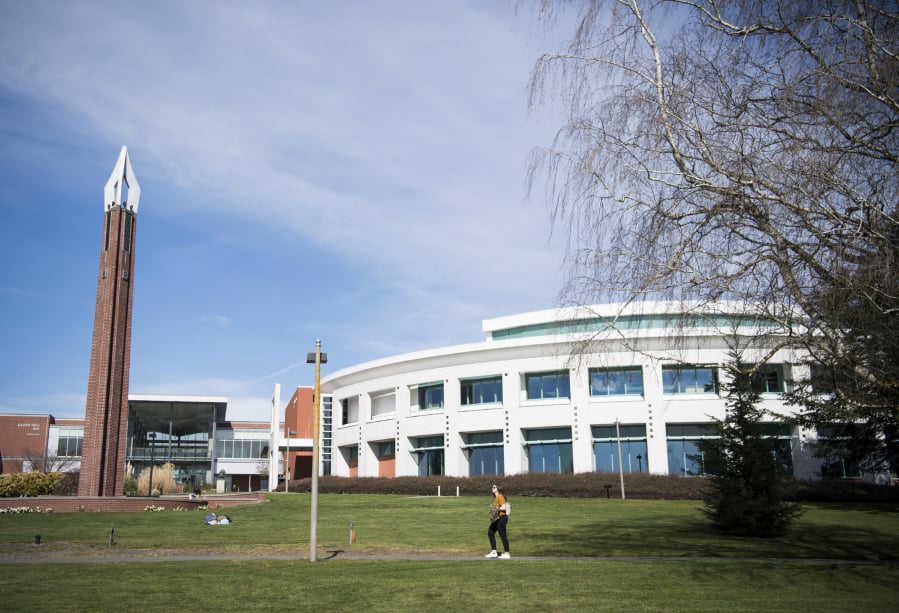In the last decade, Clark College has suffered a case of enrollment whiplash.
The Vancouver community college — and all community and technical colleges across the state — are seeing declining enrollment in the aftermath of the Great Recession. Leaders in the field say that’s a typical pattern for those colleges: when unemployment is low, fewer people seek community college degrees or pursue retraining to find new jobs.
“It’s not something that we can feel sad about because it’s good that the economy is strong,” said Jan Yoshiwara, executive director of the Washington State Board for Community and Technical Colleges.
But that can challenge colleges that rely on tuition to pay for programs and operations, Yoshiwara continued. Clark College is projecting a $1.5 million budget deficit due in part to declining enrollment, and plans to make $3 million in budget cuts — about 5 percent of its overall budget — for the 2019-2020 school year.
“That creates challenges in terms of the breadth and depth of programs,” Yoshiwara said.
Clark College was among the fastest-growing colleges in the state in the midst of the Great Recession. Its enrollment of full-time equivalent students — the number of students taking an average of 15 credits in a quarter — grew from 8,174 in the 2007-2008 school year to 11,462 in the 2011-2012 school year, according to the SBCTC.




